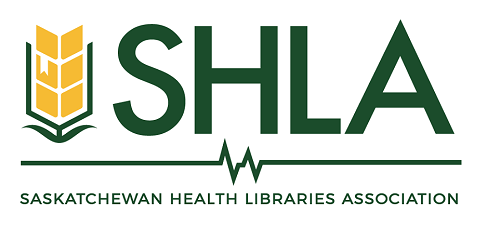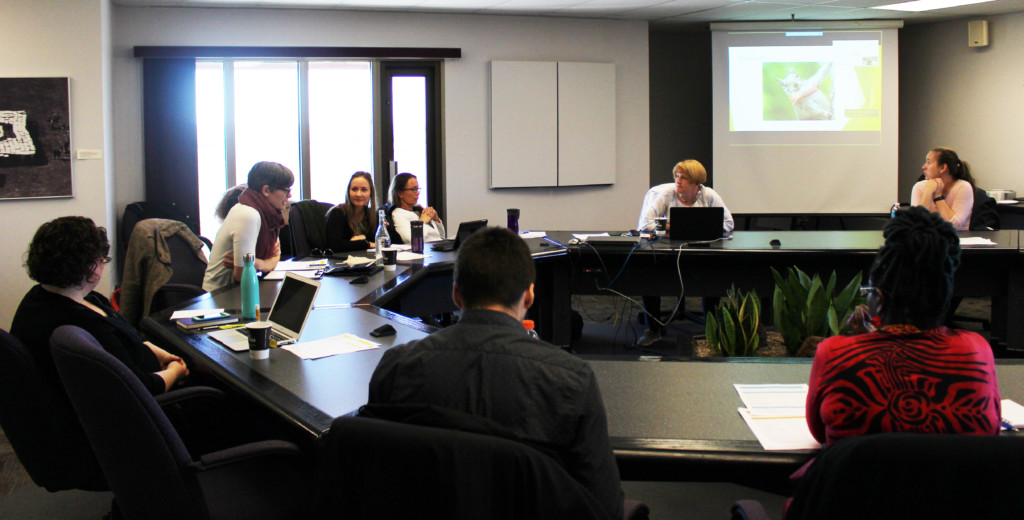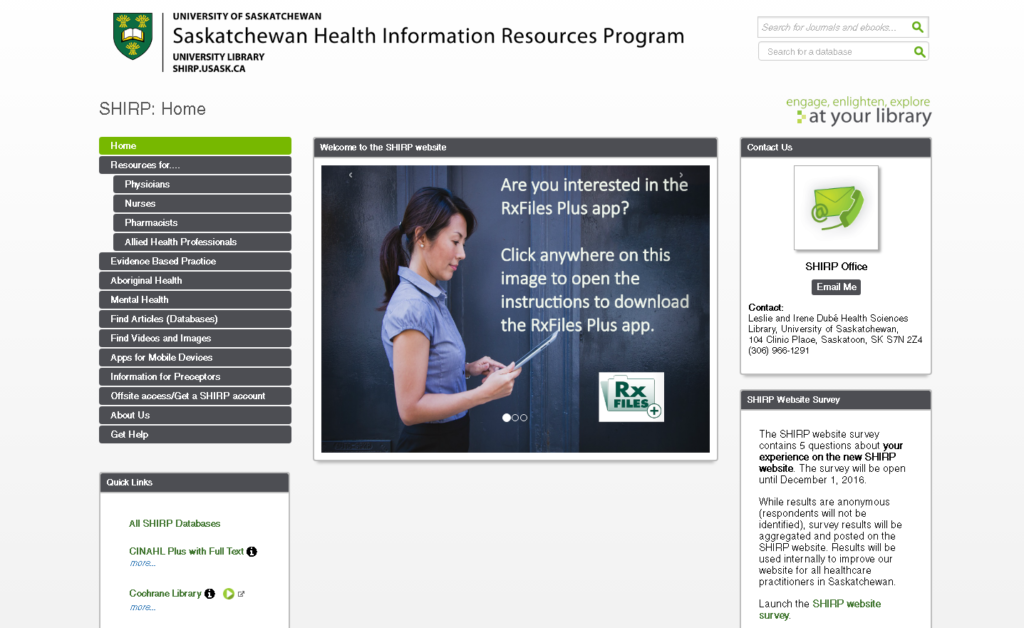Meeting Date: January 27, 2021
Presenter: Brianna Howell-Spooner
Article: Grabeel KL, Russomanno J, Oelschlegel S, Tester E, Heidel RE. Computerized versus hand-scored health literacy tools: a comparison of Simple Measure of Gobbledygook (SMOG) and Flesch-Kincaid in printed patient education materials. J Med Libr Assoc. 2018 Jan;106(1):38-45. doi: 10.5195/jmla.2018.262. Epub 2018 Jan 2. PMID: 29339932; PMCID: PMC5764592.
Questions:
1) Had anyone heard of the Simple Measure of Gobbledygook and Flesch-Kincaid measurements before? What do you know about them?
- Never heard of them.
- Yes, SMOG
- Yes, Flesch-Kincaid
2) Are these measurements comparable? Is either a good choice for comparison of consumer health materials?
- Not comparable
- Hand scoring is more manipulable,
- “Hand-scoring patient education materials allows evaluators to work directly with the text, alerting them to multisyllabic words and long sentences”
- Flesch-Kincaid could be done by hand but it would be too much work
- Electronic is more feasible because it’s built into the word processors, but the hand-scored one is more accurate if done correctly
- The graphic layout can throw off the mathematics
- Period and decimal would be read the same, electronic -1 CHI
3) Are these reading level measurements sensitive enough for health/medical materials?
- SMOG seems like a blunt instrument, based on =>3-syllable words, certain medical condition’s names are much longer
- Greater chance for a higher grade level
- What was Flesch-Kincaid first developed for? Was it for literacy grading in actuality or just a theoretical model? This will affect its measurement capabilities
4) Is it worth the extra time to run a hand scoring literacy measure?
- Context, if a practitioner is meeting with someone they know has the literacy level, no problems
- Practitioners need to be aware, levels stated could be wrong or could be area dependent (university reading level, but in Law)
- The materials which a patient can pick up independently of communication with a medical practitioner are where you want to see the proper scoring for literacy levels
- No chance for the practitioner to check understanding
- Really need to know your audience
- New disease, you’re going to want to make sure that the information is at the lowest common denominator for literacy to the widest audience
- Dangerous to assume level, need to be careful
- The fault of the health practitioner, not explaining the whole context,
- Health practitioner need to learn how to teach health information
- Don’t have the skills, to talk to the patient to give them the right/correct/contextual information
5) 81.8% (9/11)of the custom-designed (by the health authority) patient education materials scored above 6th grade reading level in the Flesch-Kincaid assessment, and 100% scored above the 6th grade reading level using SMOG, it is important that literacy assessments of patient education materials are conducted. How could the library help in hospital and during the education of healthcare providers?
- Used to sit on the committee (CEAC) for giving input on the information itself (not grade level)
- Could work on this again now that we’ve amalgamated?
- NS health authority does include health materials for patients
6) Patient and Family Resource Centres offer patient education materials that are usually provided to them by other publishers, either internal to the hospital or from trusted sources. Should periodic assessments of these materials be done by the librarians? How do/can we, as librarians, get others to adhere to the 6th grade level?
- Agreement which instrument to use? Do we average them?
- F-K is easier but is it the most accurate?
- Committees don’t like using external, like to personalize them to SK patient in front of them
- Are they looking at our resources at the library for patient education?
- Some of our resources at the library are customizable
- What grade level do we tell them to adhere to?
- Does the MLA, ALA even have a grade reading level cut off for literacy? Health literacy?
Thoughts? Opinions? Snacks?
- What roll do we as librarians might play with CHI resources?
- New learning
- One member is going to forward information to instructors for a course she’s helping with
- Applicable to Sask, demographically
- Yes! Maybe academic librarians can somehow embed this into the curriculum of nursing and medical students. Teach them how to identify the appropriate resources and reading level and to speak at that level with their future patients. They should be trained on that from the beginning


